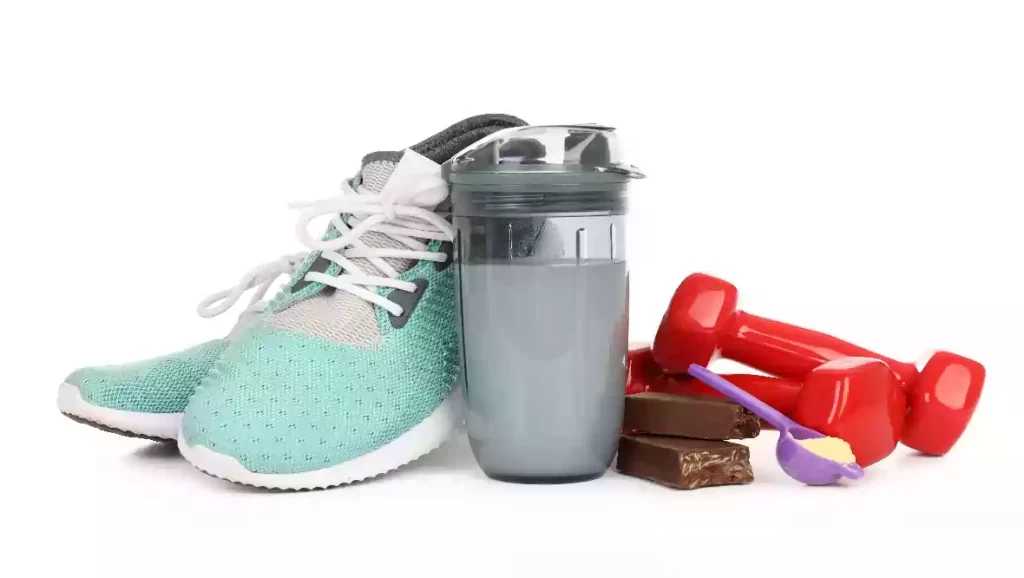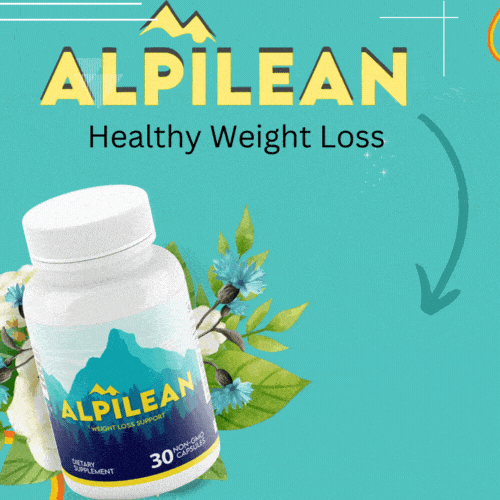Supplements like creatine to experience the energy boost while enjoying the increase of muscle mass are surely one of the most popular supplements nowadays. But an ongoing debate on what time to take creatine is getting the attention of the masses.

People have been listing out the answer to it based on their experience. Though it varies from person to person, still, researchers have made some significant efforts in this regard. This article will help you decide when to consume creatine, whether pre-workout or post-workout. First, it’s important to understand what creatine is and how it works.
What is creatine? How does it work?
Creatine is a naturally occurring protein made with a combination of three different amino acids and found to be naturally stored in some of our body cells. It releases energy from our cells for use and also helps in rebuilding that energy. Gym goers targeting intense workout routines usually need more supply of energy to perform their day-to-day workouts. That’s when creatine supplements come in handy. These supplements are also known to maximize creatine content in the cells while improving exercise performance capacity, strengthening muscle mass, and endurance during exercises.
Creatine alone cannot work in the body, so right when it is produced or supplemented to the body, it attaches itself to a phosphate molecule. When Adenosine triphosphate, commonly known as ATP, releases its phosphate group while providing energy for the functions of the body- it requires another phosphate group to convert back to ATP from ADP (Adenosine diphosphate). That’s when creatine phosphate donates its phosphate group to ADP and that’s how it becomes the stimulant for energy production.
How much creatine should you take?
The dosage of creatine to be taken varies on the amount of energy one requires at a time. However, 3-5 g of creatine is suggested to be taken throughout the day, whether in one go or you might want to divide it over the day, as per your ease.
When is the right time : before or after a workout ?
Long-term supplementation of creatine is recommended for enjoying long-term benefits like high endurance during muscle growth, boosting cognitive performance, and buffering lactic acid accumulation. It requires you to take creatine on a daily basis to see the difference. These fancy outcomes do raise a serious question, if it’s more beneficial to consume creatine before a workout or after a workout works better?
People who prefer taking creatine pre-workout do so thinking it will make up for the lost creatine during their workout sessions and will provide them an adequate amount of energy to burn during high-intensity exercises. However, it is a known fact that creatine takes longer to digest, and consuming it before a workout might not produce the significant results you’ve been looking at.
Various researchers have conducted studies on different groups of people and supplemented them with 5g of creatine dosage on a daily basis but at different times. The results depicted and confirmed that it is best to take creatine post-workout. Why so? Because after a workout your body needs to get back in its optimal condition and during a workout your blood circulation increases- which can be a great opportunity for creatine to get stored in body muscles. It’s also indicative of muscle repair that might have been damaged during resistance exercises.
To get more out of creatine intake, fitness coaches and researchers suggest combining it with other supplements or diets full of carbs and proteins to make up for the loss of energy during workout sessions. Combined with carbs, creatine can improve glycogen storage in the muscles, which helps in the improvement of performance and minimize fatigue, inflammation, and injury.
Conclusion
Creatine has been trusted by the majority due to its safe and effective nature. And looking at the facts and research, it is safe to recommend that you should take creatine post-workout sessions, to maximize its results and benefits. Still, if you feel like you should have more, see your doctor to get a recommendation for an amount of dosage that would be a good fit for you.

I look up to fitness as a lifestyle and love to pen down about it. I have 2 years of experience in content writing and I am here to share my research and knowledge on health and fitness.













